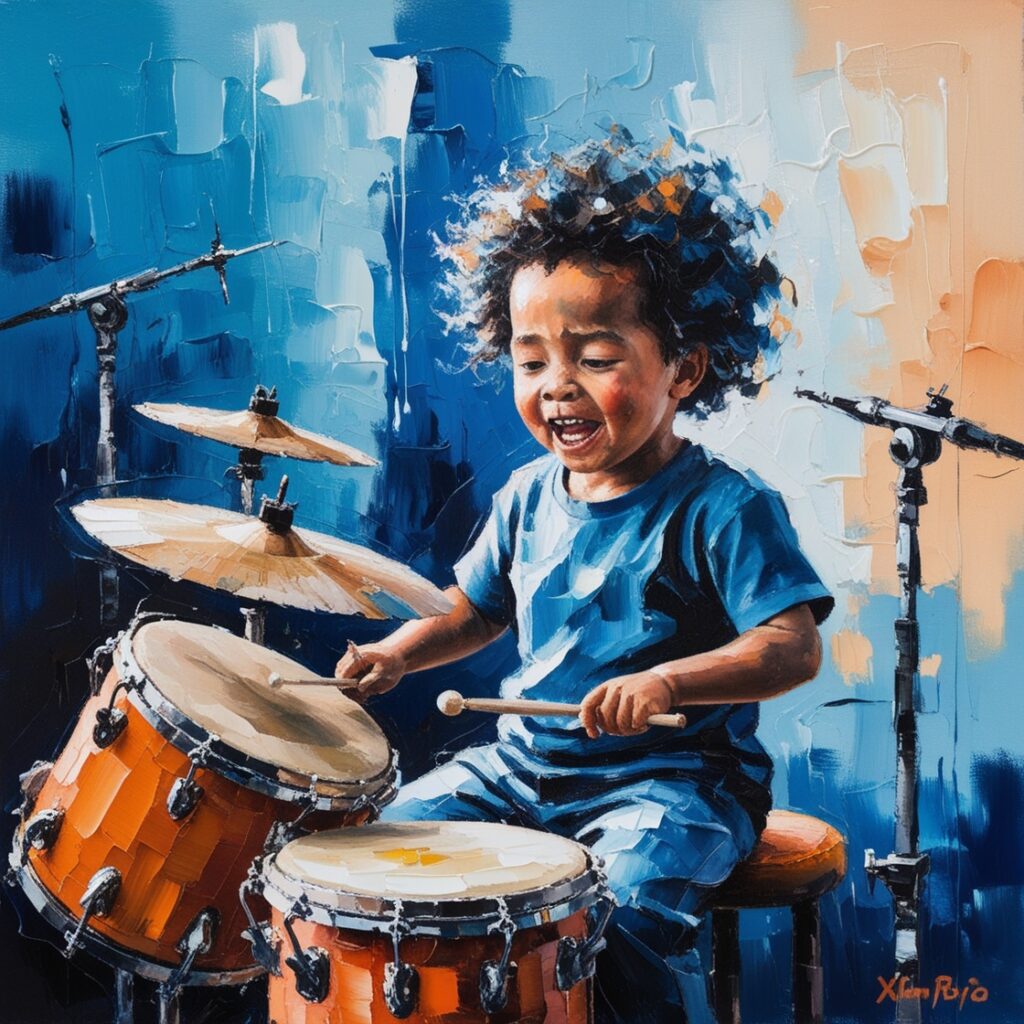Art and design have long been celebrated as powerful tools for cultural expression, but their potential to address societal challenges often remains underexplored. In Ghana, where issues like poverty, climate change, and homelessness demand innovative solutions, art provides a unique avenue for both awareness and action. By blending creativity with functionality, artists and designers are stepping up to redefine how communities perceive and tackle these problems.
The Role of Art in Social Change
Art is more than a medium of expression; it is a vehicle for transformation. In Ghana, creative interventions are being leveraged to address pressing social issues. Murals depicting themes of unity and resilience brighten urban slums, sculptures crafted from recycled waste raise awareness about pollution, and photography documents the realities of homelessness. These works not only engage audiences emotionally but also inspire action.
Artists in Ghana are increasingly recognized as changemakers, using their crafts to reflect societal struggles and propose solutions. From exhibitions in urban centers to workshops in rural areas, art has become a rallying cry for inclusivity, equity, and sustainability.
Artistic Interventions in Ghana

Examples of art solving societal issues abound. Consider the murals in Accra that transformed high-crime areas into vibrant, safe public spaces. These projects, driven by collaborations between local artists and community leaders, demonstrate the power of visual art to foster a sense of security and pride. Similarly, public sculptures addressing environmental issues not only beautify neighborhoods but also educate viewers on sustainable practices.
Sustainability Through Art
Art plays a pivotal role in promoting environmental consciousness in Ghana. Recycled materials, such as plastics and scrap metal, are repurposed into stunning sculptures and functional items like furniture. These initiatives address the dual challenges of waste management and economic empowerment by creating jobs for artisans.
2D and 3D Art as Problem-Solving Tools
Two-dimensional forms like painting and printmaking are highly effective for advocacy campaigns. Posters and illustrations raise awareness about issues like domestic violence or child labor. Meanwhile, three-dimensional works, such as installations and urban sculptures, tackle spatial challenges. For example, a recent project repurposed discarded wood into benches for public parks, offering both aesthetic and practical benefits.
Portfolio Development for Artists
Creating an artist portfolio is a crucial step in presenting solutions professionally. Portfolios allow artists to showcase their thought processes, technical skills, and societal impact. Both physical and digital portfolios are emphasized, ensuring accessibility and professionalism.
Community Engagement in Art
Successful art initiatives are deeply rooted in community involvement. In Ghana, artists collaborate with locals to ensure their projects resonate culturally and address real needs. For instance, workshops that teach art skills to youth not only foster creativity but also empower participants to envision solutions to local problems.
Digital Art Techniques for Advocacy
Digital tools have revolutionized how art communicates societal issues. Photography, graphic design, and video are versatile mediums that amplify messages to broader audiences. Social media campaigns featuring compelling visuals have been instrumental in raising awareness and crowdfunding for causes.
Mixed Media and Interdisciplinary Approaches
Combining art forms often yields innovative solutions. Mixed-media projects, which merge traditional techniques with digital elements, can tackle complex problems. For example, a recent initiative used digital projections on sculptures to tell stories of climate resilience.
Conclusion
Art and design are not just reflections of society; they are catalysts for change. By blending creativity with purpose, Ghanaian artists are transforming challenges into opportunities. Through continued investment in artistic practices and community collaboration, the potential for art to reshape society remains boundless.
FAQs
How can art address societal problems?
Art inspires awareness and proposes practical solutions through visual storytelling and innovative design.
What are examples of 3D art solving issues in Ghana?
Public sculptures addressing pollution and recycled-material furniture for community spaces.
Why are portfolios important for artists tackling societal problems?
Portfolios organize and present artwork professionally, showcasing impact and technical skill.
How does sustainability feature in art practices?
Sustainability is achieved by repurposing materials into functional and aesthetic creations.
What role does photography play in social change?
Photography documents societal challenges and conveys powerful narratives for advocacy.
How can communities be engaged in art projects?
Artists involve locals through workshops, feedback sessions, and collaborative designs.
Inbound Links Suggestions
- Portfolio Building Techniques for Artists
- Sustainable Art Practices in Ghana
Outbound Links Suggestions

